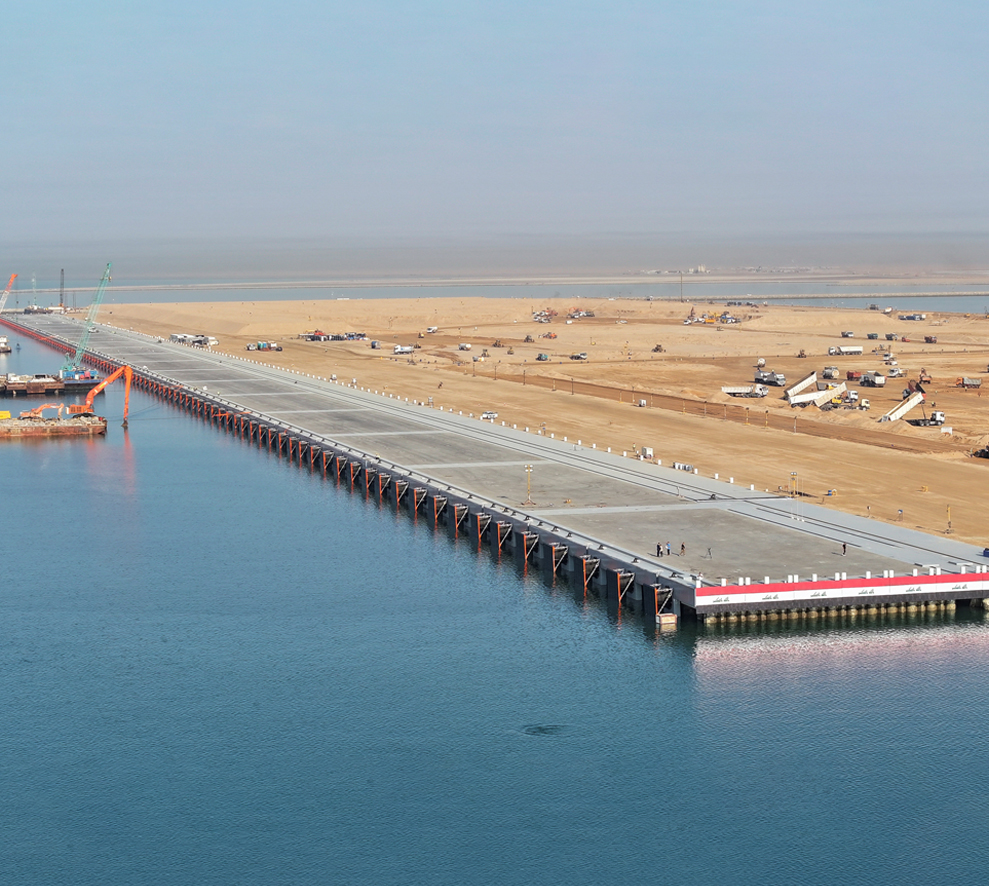Analyses
Regional Trends
The Syrian-Iraqi Border: Reshaping the Geopolitical Space of the Middle East
International and Global Trends
Real clear world: A former terrorist inside the white house
International and Global Trends
NYT: The President and A Former Terrorist Meet at the White House
Arab policy
The Syrian Unity Predicament: Files of Sovereignty, Security, and the Kurdish Issue
The Palestinian–Israeli Conflict
Trump’s Plan: Second Phase Scenarios
Filter by:
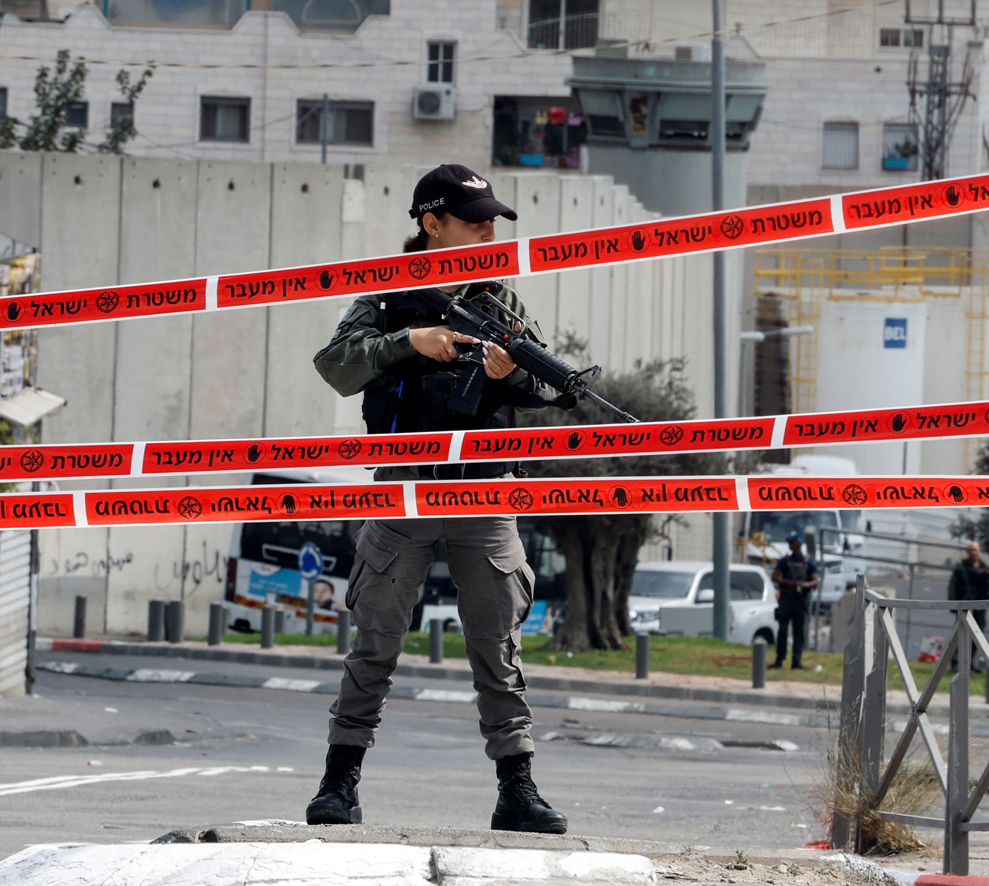
Palestinian Individual Operations Since the Outbreak of War in the Gaza Strip
This paper provides a first-of-its-kind analytical reading of individual operations in the West Bank, Jerusalem, and Israel to expand the understanding of these incidents. It also examines their frequency, types, and scope during the war in the Gaza Strip, and compare them with previous years since they became a case study in 2015
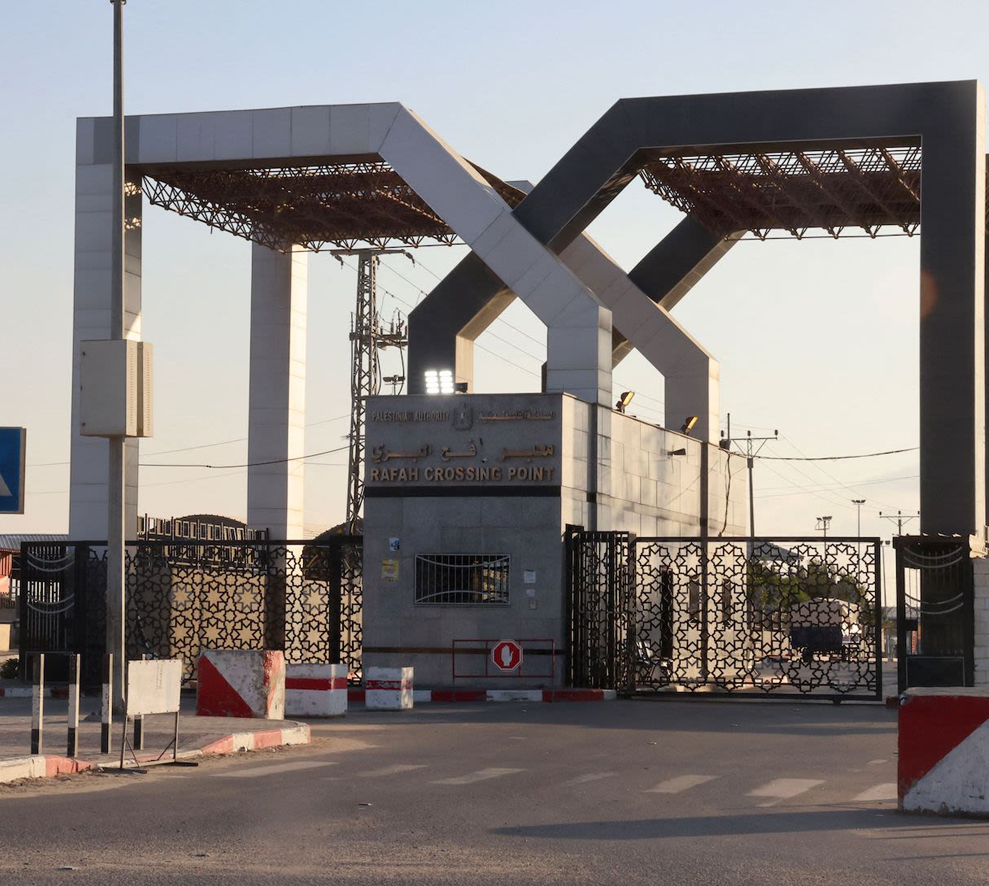
The Rafah Crossing: Who Will Control It and Why It’s Important
The Rafah border crossing gains its significance on the world stage from being the only gateway into and out of the Gaza Strip for both its citizens and the delivery of life-saving goods and humanitarian aid. This paper presents future scenarios for the management of the crossing, which could be an issue with the arrangements for the day after the war or what may be proposed for implementation beforehand that will serve as a prelude to the future management structure of the Gaza Strip.

The Local and Regional Landscape After Hasina’s Resignation in Bangladesh
It’s too early to judge whether stability has been achieved in Bangladesh and whether a new political system has been established following Sheikh Hasina’s resignation and the formation of a temporary government. Moreover, predicting the decline of the parties from the previous phase seems unlikely, especially the Awami League, which has governed the country since the 1970s.
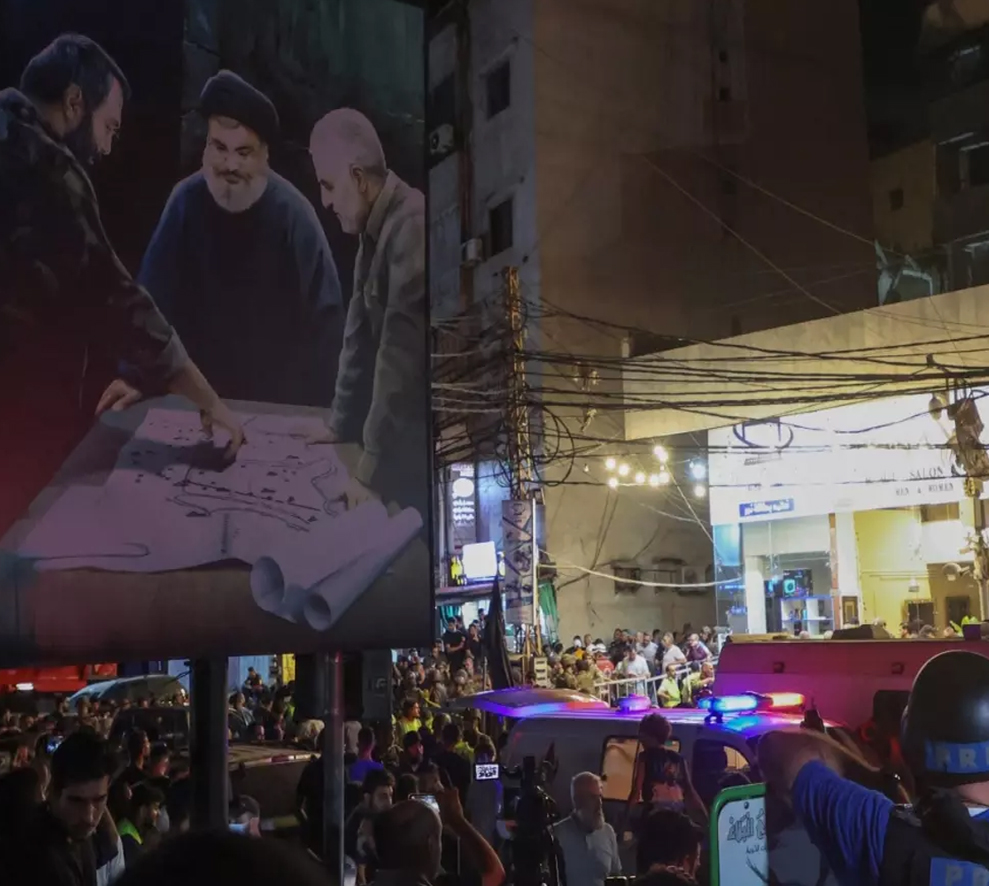
Ultimate Test of Deterrence: The Israeli Assassinations of Two Axis of Resistance Leaders
The assassination of Fouad Shukr and Ismail Haniyeh put the region in extraordinary circumstances, with the Axis of Resistance acknowledging the significance of the two murders and its members threat to retaliate. Consequently, the region should expect four impending retaliatory attacks from Iran, Hezbollah, Hamas, and the Houthis.
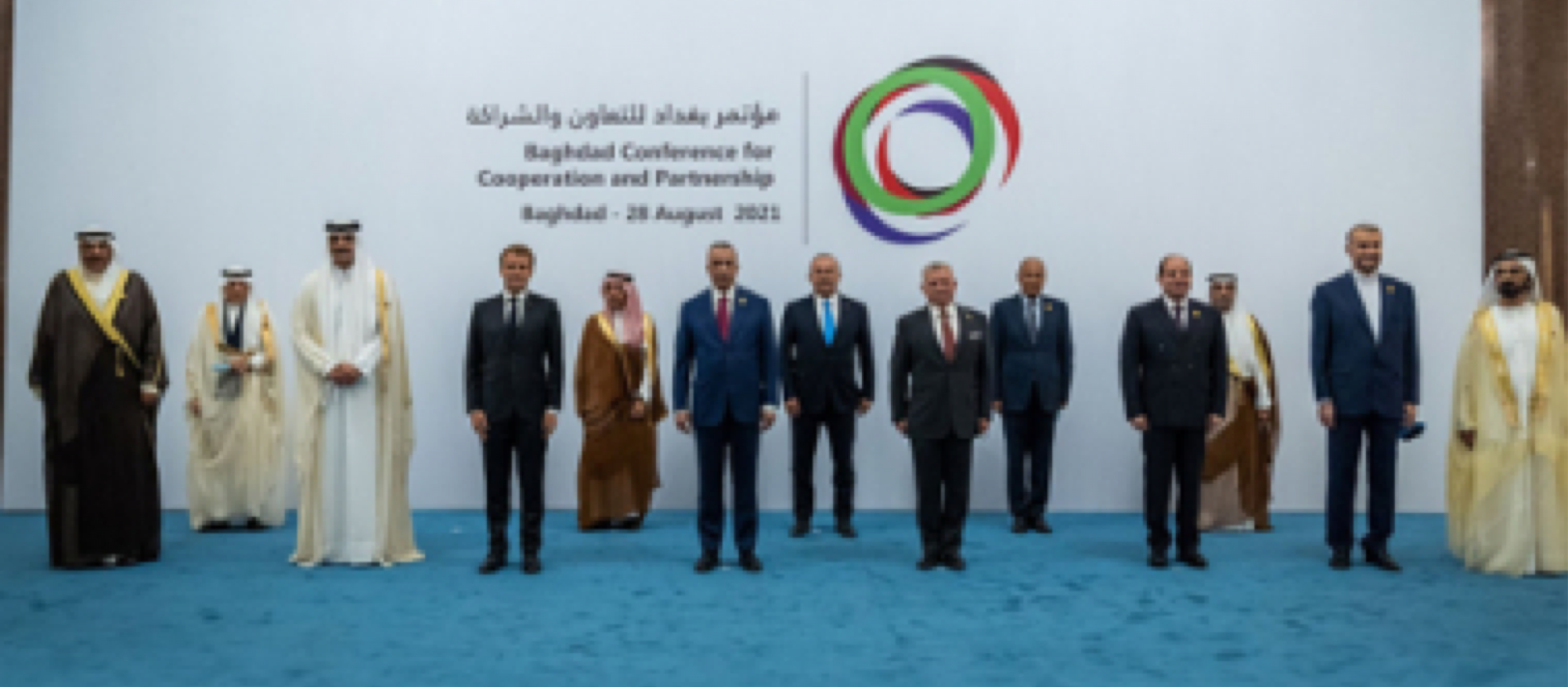
Advertising space title
Description of the advertising space. Upon the client’s initial approval of the design, this text will be removed.
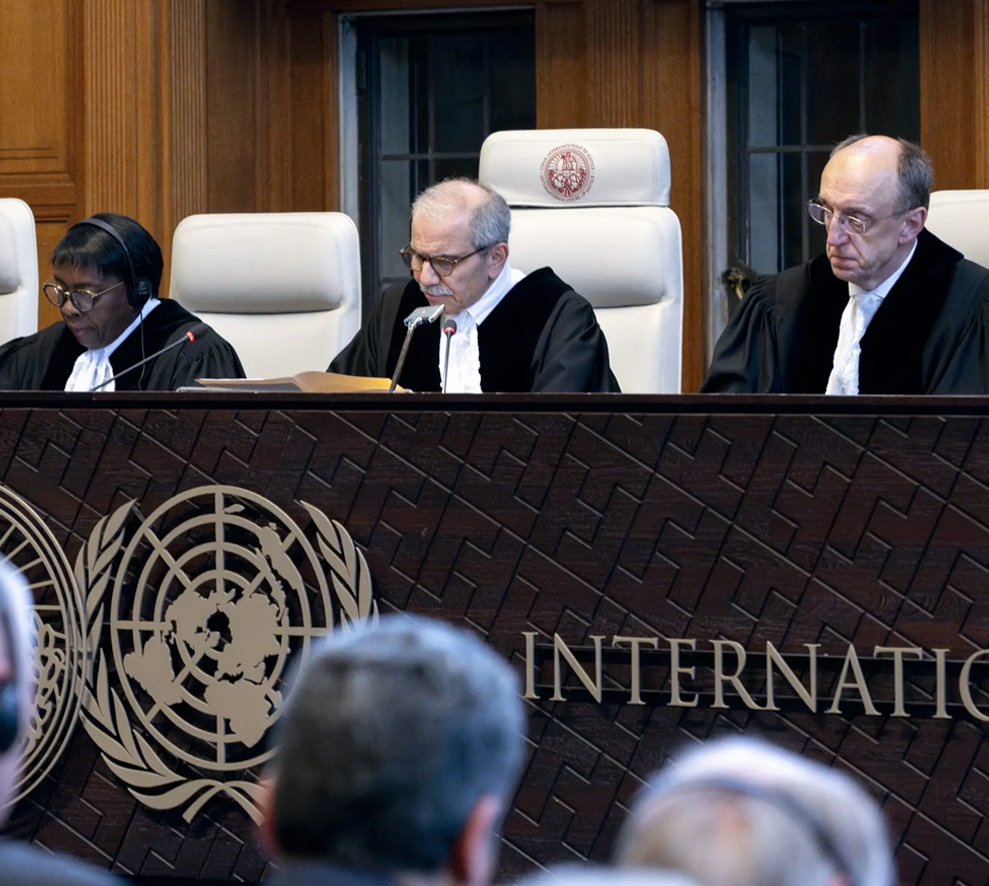
Palestinian Rights: Israel Versus the World
The International Court of Justice’s advisory opinion on the illegality of the Israeli presence in the Palestinian territories occupied since 1967 provides a foundation for the growing political and legal movement within the international community regarding the Palestinian cause. However, it also faces challenges due to Israeli action and divisions within the Palestinian arena.
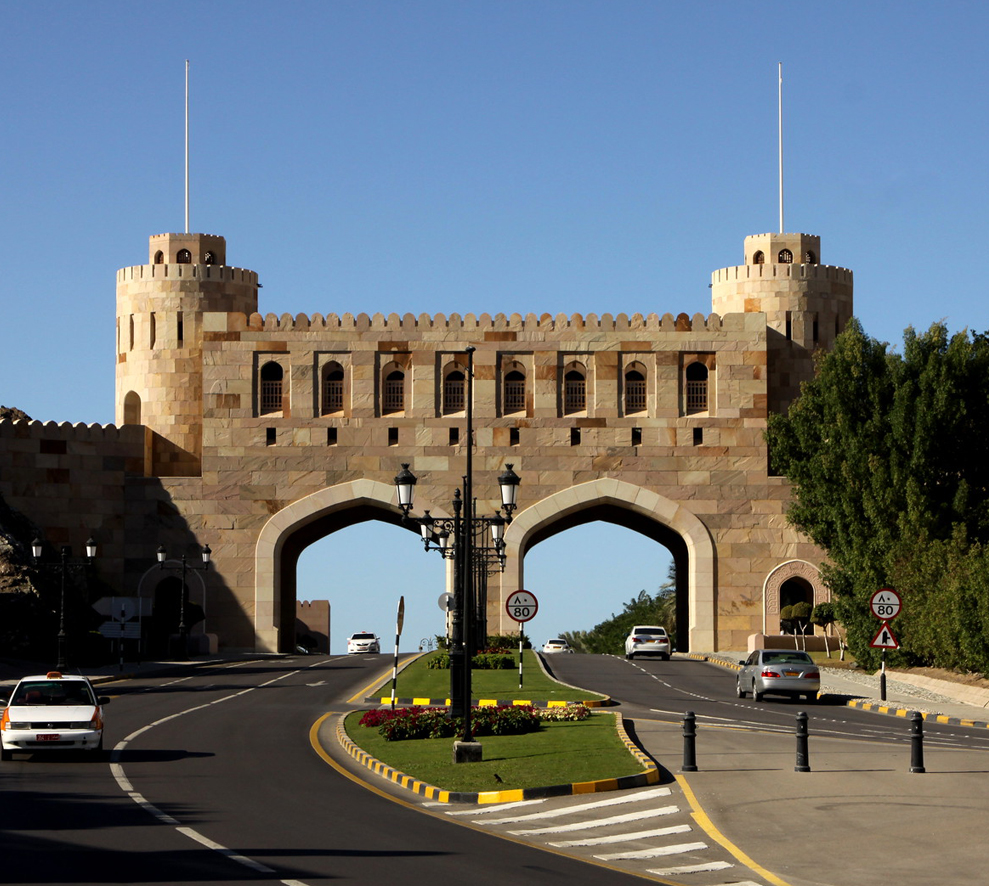
Wadi al-Kabir Attack: The Event Indicators and the Symbolism of Place
This position assessment addresses the terrorist attack on a mosque in the capital city of Muscat in the Wadi al-Kabir region, covering the implications related to the choice of location and its symbolism, the perpetrators’ identities, their motives, and the future repercussions of the attack.
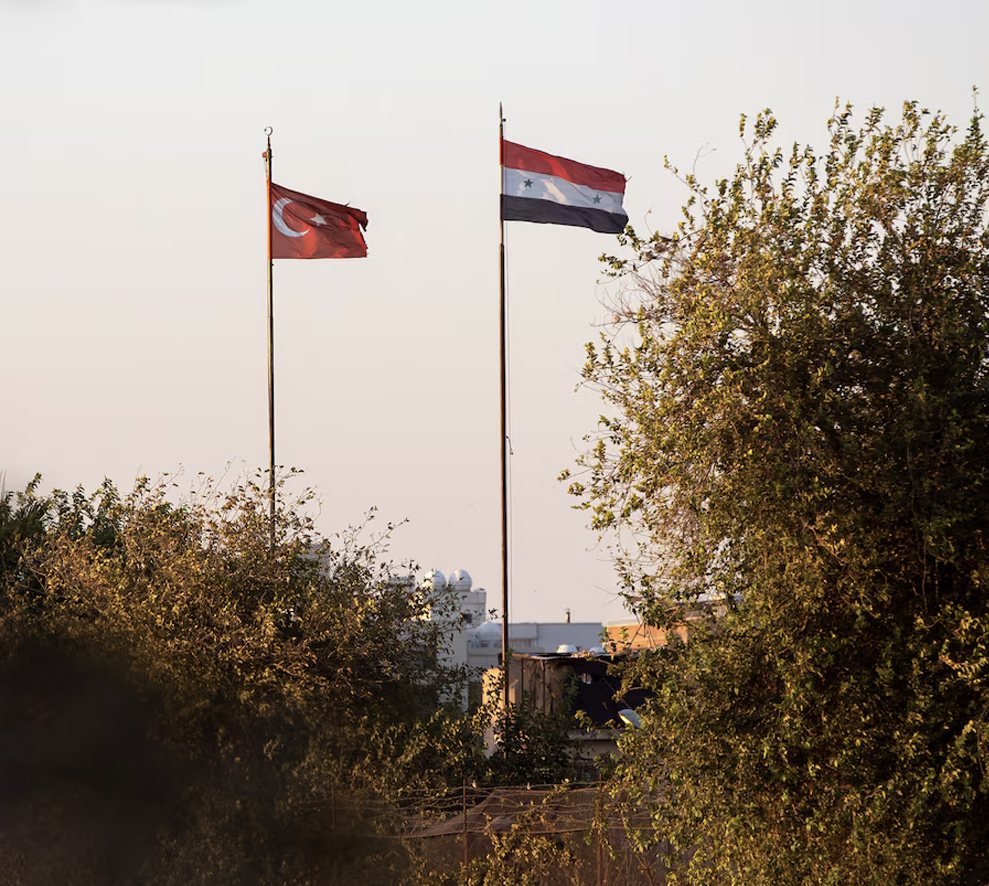
Turkey and Syria Inching Closer Toward Resuming Good Relations
Turkish-Syrian relations have entered a fresh phase of discussion initiatives, but the path of rapprochement between them is not new. Its manifestations have been apparent since 2022. But now the resumption of relations between the two counties has become a significant objective for Russia.
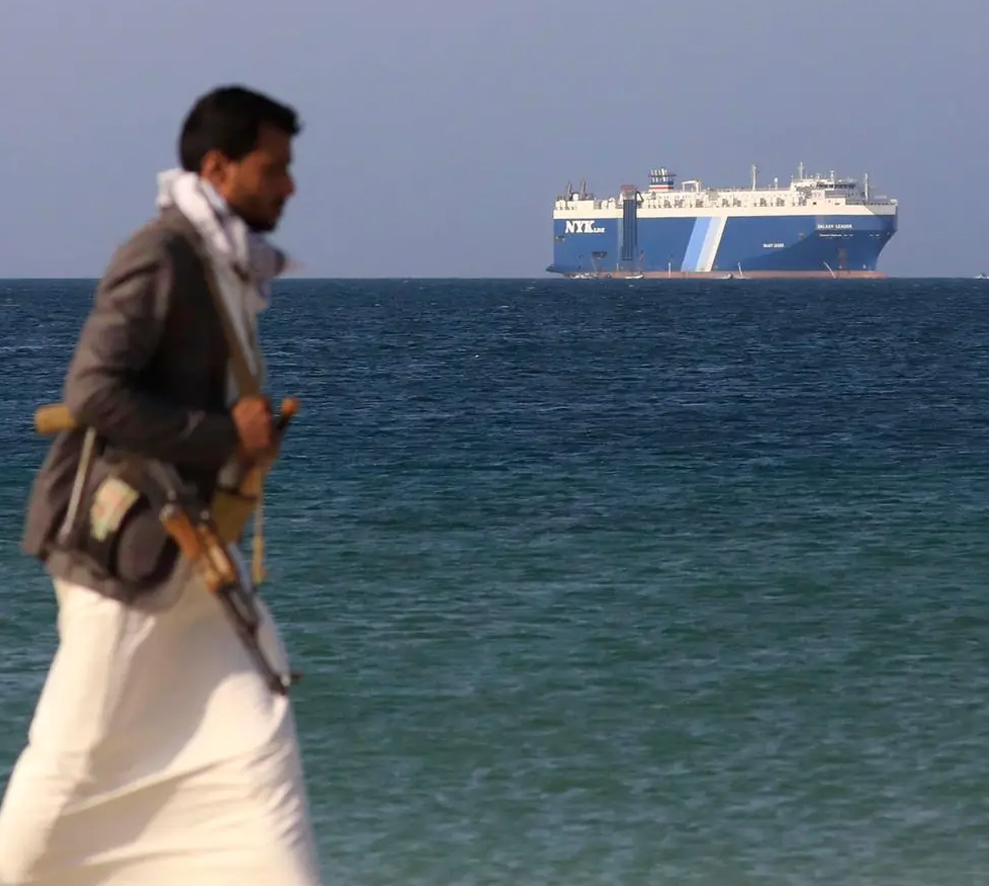
Houthi Escalation Amid Growing Iranian Interest in the Mediterranean
Iran is attempting to encourage its allies to increase their activity in the Eastern Mediterranean. However, Iranian perceptions of their ability to operate and exert influence in the region face several constraints and complexities. These include geographical factors, military capabilities, and the inability to control escalation and its repercussions.

The European Landscape After the Rise of the Left in the UK and France
This paper addresses the result of the elections in France and the United Kingdom and how they will affect future elections in various European countries. It also examines the overall European politics toward the current files.
